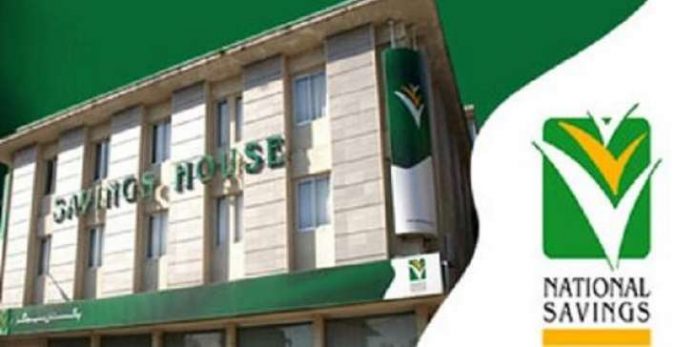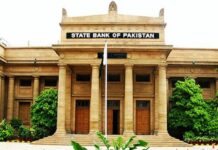
KARACHI: After years of low interest rates and amidst falling investment in saving certificates, these government securities are expected to stage a comeback after State Bank of Pakistan’s decision to raise interest rates.
This was stated by analysts on Thursday and believed investors would pour money into saving certificates once again, due to their proclivity for fixed-income assets when interest rates are rising, reported The News.
Khurram Schehzad, chief commercial officer at JS Global stated a rise in profit rates and increased offerings by Central Directorate of National Savings (CDNS) will generate immense demand for National Saving Schemes (NSS), which could contribute to rise in domestic savings.
Mr. Schehzad added when interest rates are low, people prefer to invest their savings in foreign currency, stock market and real estate.
Several national saving certificate offerings suffered a fall in investments of 18.7 percent during the first half of ongoing financial year 2017-18, SBP data revealed. This indicated that investors were shifting their funds into more better offerings.
On the contrary, a CDNS spokesman said dollarization wasn’t the actual reason for the fall in NSS inflows. He stated predicted depreciation of rupee against the dollar wasn’t contributing to lower savings growth and added those investing in NSS schemes were individuals who didn’t believe in taking risks for short-term gains.
The CDNS spokesperson revealed around four new products, including overseas Pakistanis savings certificate and sharia-compliant product would be launched within the next five months to reduce the damage of decrease in interest rate-sensitive schemes.
As per industry officials, NSS profit rates were linked with primary auction yield of market treasury bills and Pakistan Investment Bonds (PIBs).
And CDNS spokesperson stated finance division and the director were acutely aware of the situation and were addressing this decreasing trend in investments on a priority basis.
He added CDNS was making all efforts to ensure its investment are less prone to movement of interest rates.






